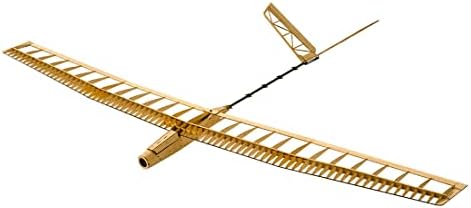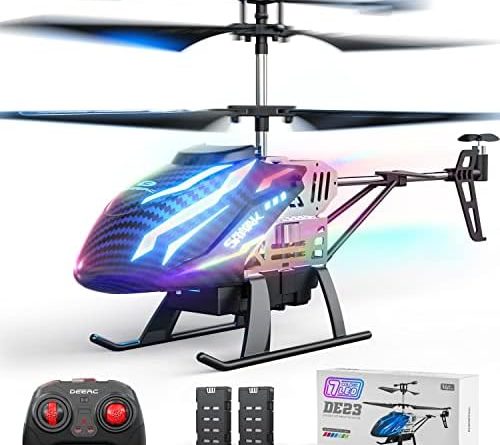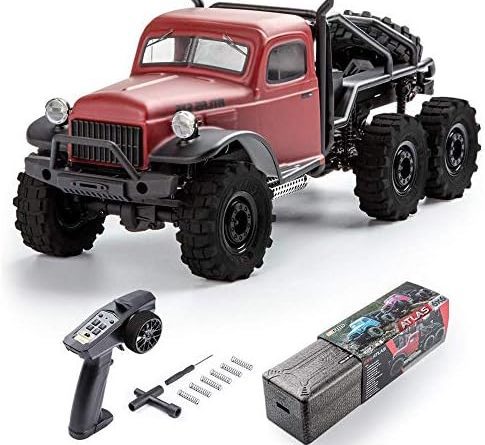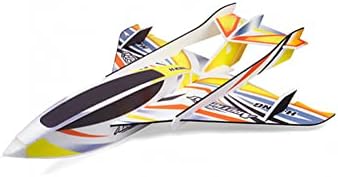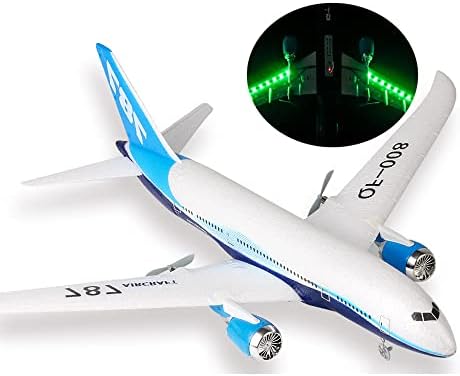








Table of Contents
Introduction to RC Plane Radio
Radio-controlled (RC) planes have become increasingly popular over the past few decades, with hobbyists of all ages taking to the skies with their own miniature aircraft. While RC planes have traditionally been powered by internal combustion engines, the introduction of radio control has made them easier to fly and more accessible to the general public. Radio-controlled planes are now available in a variety of sizes and styles, from small indoor models to large scale, full-size replicas.
At the heart of any RC plane is the radio control system, which consists of a transmitter and receiver. The transmitter is the device held by the pilot, which sends signals to the receiver, which is located inside the plane. The receiver then interprets the signals and sends instructions to the servos, which control the plane’s movements.
Types of RC Plane Radio
The most common type of RC plane radio is the 2.4 GHz system. This type of system uses a single frequency that is shared by all users in the same area, and allows for multiple planes to fly in close proximity without interference. This type of system is also the most reliable and has the longest range.
Another type of radio system is the 72 MHz system. This system uses multiple frequencies that are assigned to each user, and is the preferred system for larger planes. While it is less reliable than the 2.4 GHz system, it does allow for a greater range and better control of the plane.
Choosing the Right RC Plane Radio
When selecting an RC plane radio, there are several factors to consider. The first is the type of plane you will be flying. Different types of planes require different types of radios, so it is important to select a radio that is compatible with the plane you are flying.
The next factor to consider is the range of the radio. The range of the radio is determined by the frequency it uses, so it is important to select a radio with a range that is suitable for the type of flying you plan to do.
The third factor to consider is the number of channels the radio has. Most RC planes require at least four channels, but some higher-end models may require more. The more channels a radio has, the more control you will have over the plane.
The fourth factor to consider is the type of transmitter. Different types of transmitters offer different levels of control, so it is important to select a transmitter that is suitable for the type of flying you plan to do.
Finally, it is important to consider the cost of the radio. While some radios are more expensive than others, it is important to select a radio that is within your budget.
Using Your RC Plane Radio
Once you have selected the right RC plane radio for your needs, the next step is to learn how to use it. While some radios come with instructions, it is important to familiarize yourself with the transmitter and receiver before flying.
In addition to learning how to use the radio, it is also important to practice before taking your plane out for a flight. This will ensure that you are comfortable with the controls and can fly the plane safely.
Conclusion
Radio-controlled planes have become increasingly popular over the past few decades, and selecting the right RC plane radio is an important part of getting started. By considering the type of plane you will be flying, the range of the radio, the number of channels, the type of transmitter, and the cost, you can select the right radio for your needs. Once you have the right radio, it is important to familiarize yourself with the transmitter and receiver, and to practice before taking your plane out for a flight.
FAQs
Q1. What type of RC plane radio is the most common?
A1. The most common type of RC plane radio is the 2.4 GHz system.
Q2. How many channels should my RC plane radio have?
A2. The number of channels your RC plane radio has depends on the type of plane you are flying. Most RC planes require at least four channels, but some higher-end models may require more.
Q3. What type of transmitter should I use for my RC plane?
A3. Different types of transmitters offer different levels of control, so it is important to select a transmitter that is suitable for the type of flying you plan to do.
Q4. Is it important to practice before taking my plane out for a flight?
A4. Yes, it is important to practice before taking your plane out for a flight. This will ensure that you are comfortable with the controls and can fly the plane safely.
Q5. How much should I expect to pay for an RC plane radio?
A5. The cost of an RC plane radio can vary depending on the features and range. It is important to select a radio that is within your budget.
Price: $123.99
(as of Feb 24, 2023 11:42:04 UTC – Details)


